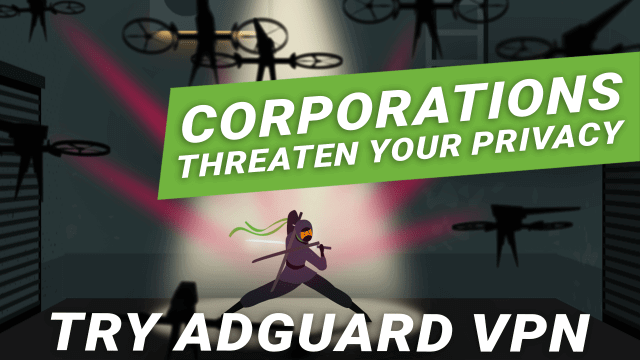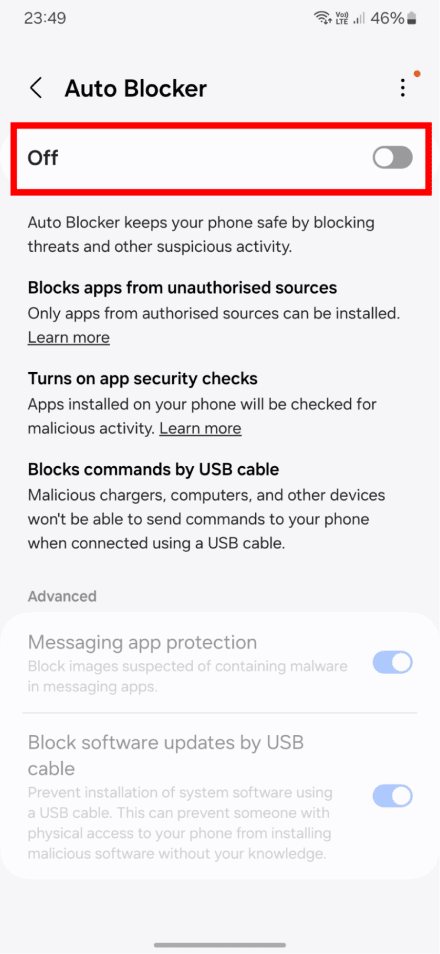Every user who connects to the Internet should take care of personal privacy, data safety, and security. Not only are cybercriminals trying to steal your information, but t advertisers and third-party companies are interested in getting it too.
If you don’t want to be watched or tracked it is necessary to use additional protection, for example, Virtual Private Network or VPN.
How does VPN work in India?
The idea of a VPN is that all your Internet activity gets encrypted and goes through a secure tunnel to an external VPN server and after it is sent to its destination on the web. To return to your device data makes the same way. As a result, all your online activity, searching and browsing history, personal data, and even geolocation are protected from spying on or logging.
Does Indian VPN protect my privacy?
A VPN encrypts all your Internet traffic and helps you stay anonymous online. When you use a VPN your Internet Service Provider (ISP) can't see anything specific about your browsing, searching, or downloading. In this case, the ISP can only track the IP address of your VPN server, bandwidth usage, and connection timestamps. Normally ISPs don’t care about whether you use a VPN or not. But if you want to hide this fact from the ISP you should look for a VPN with obfuscated servers, many Indian VPN services have that feature.
How to connect to an Indian server?
Some Indian websites, services, and applications may not be available from abroad. Such limitation methods are used by companies due to different reasons. But you still can reach geo-restricted content with a VPN when you are on vacation or business trip and not in India. Let’s see how it works. When you connect to the web, the ISP assigns your device an IP address, which shows your geographical location. Websites check it and may deny access to the content. To solve this problem you need to turn on the VPN and connect to the Indian server. It hides your actual IP behind the required Indian IP address and gives you access to your favorite content.
Is VPN legal in India?
In India, it is totally legal to use VPNs for any legal online activity, such as shopping, Internet browsing, working, etc. If you want to use VPN from abroad it’s always a good idea to check the country laws you are in before turning on a VPN on your device.
Is free Indian VPN reliable?
There are a lot of free VPN services, and it’s possible to find a good one, but we don’t recommend using a free VPN. If you don't pay with money, you pay with something else. Best case, when using a free VPN you have a limited number of servers you can connect to and a decrease in connection speed. But most often companies that provide free VPN services cover costs with advertising, data gathering, and selling customers' personal information. You turn on a free VPN, thinking you are saving money and increasing your security, but you actually put your privacy in danger. The small fee you pay for a premium VPN helps avoid all risks and limitations.
Does VPN slow down connection speed?
Yes, VPN needs some extra time for data encryption, and it can slow down Internet speed. Usually, premium VPN users don’t notice the difference even when they are watching streaming videos, gaming, or doing other online activities that require a high connection speed. Free VPN services have a more evident impact.
Does Indian VPN limit Internet traffic?
VPN service providers can limit the amount of traffic available to your device. Premium VPN users in India are not faced with this limitation, as a rule, it applies only to free VPN services.



























